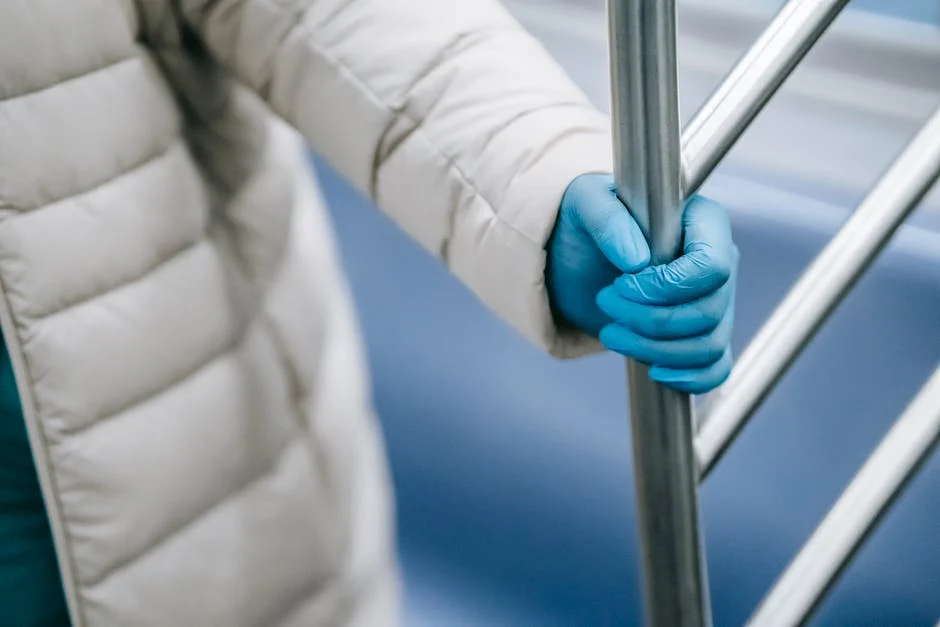Introduction to vehicle security and pawn loans
Pawn loans involve using your vehicle as collateral to borrow money. When you pawn your car, the pawn shop keeps your vehicle until you repay the loan, including the interest. If you fail to repay, the pawn shop can sell your car to recoup the money. However, reputable pawn shops will work with you to avoid this situation. It is essential to understand the terms of the pawn loan and ensure the security of your vehicle during the process.

How pawn loans work for vehicles
Pawn loans work by using your vehicle as collateral. When you take out a pawn loan, the pawnbroker will assess the value of your car and offer you a loan based on that value. Typically, the loan amount is a fraction of your car’s determined worth. If you accept the loan, you’ll need to surrender the vehicle’s title to the pawnbroker. It’s important to note that if you can’t repay the loan according to the terms set by the pawnbroker, your car may be sold to recoup the loan amount. Be sure to fully understand the terms and conditions before entering into a pawn loan agreement.
Risks and concerns with pawn loans
Pawn loans involve the risk of losing your vehicle if you fail to repay the loan. The pawn shop can sell your car if you don’t meet the repayment terms, which could result in the loss of your vehicle. Additionally, pawn loans often come with high-interest rates, potentially leading to financial strain if not managed carefully. It’s crucial to thoroughly consider the consequences and ensure you can repay the loan before pursuing this option.
Protection measures for your vehicle in a pawn loan
Pawn shops typically take several measures to protect vehicles in pawn loans. These measures include physical security such as 24/7 surveillance, secured parking areas, and restricted access to the vehicle storage areas. Additionally, pawn shops often require the borrower to provide proof of ownership, which helps ensure that the vehicle is not stolen. Some pawn shops may also require the borrower to provide additional identification and information to further safeguard the vehicle during the loan period.
Legal regulations and rights regarding vehicle pawn loans
Vehicle pawn loans are governed by specific legal regulations and rights that protect both the lender and the borrower. It is important to understand that when you use your car as collateral for a pawn loan, you still have rights to it. Here are some key points to consider:
- In many jurisdictions, lenders are required to provide written disclosures outlining the terms of the pawn loan, including the interest rates, fees, and the consequences of defaulting on the loan.
- You have the right to redeem your vehicle by repaying the loan amount and any applicable fees within the agreed-upon timeframe.
- If you are unable to repay the loan, the lender must follow legal procedures for repossessing the vehicle.
- It’s crucial to review the specific laws and regulations in your area to understand your rights and obligations when using your vehicle for a pawn loan.
Understanding the impact on your vehicle’s ownership and title
When you pawn your car as collateral for a loan, you temporarily transfer the ownership of the vehicle to the pawnbroker. This means that the pawnbroker holds the title to your car until you repay the loan in full, including any interest and fees. Until the loan is repaid, the pawnbroker has the right to sell the vehicle to recoup the money if you default on the loan. Keep in mind that the terms and conditions can vary depending on the pawn shop and the state’s regulations. Always carefully review and understand the terms before pawning your vehicle.
Comparing pawn loans to other forms of vehicle security
Pawn loans offer a quick way to obtain cash by using your vehicle as collateral. Compared to other forms of vehicle security such as traditional loans or leasing, pawn loans typically have fewer requirements and faster processing times. However, it’s essential to consider the risks and terms associated with pawn loans, as they may have higher interest rates and shorter repayment periods compared to other financing options.
Importance of documentation and recordkeeping
Documentation and recordkeeping are crucial when it comes to vehicle security in a pawn loan. Having thorough records, including the vehicle’s title, registration, and any loan or lien information, can help protect your vehicle from being unlawfully pawned. It is important to keep all documents safe and readily accessible in case any issues arise. Clear and accurate documentation can be your best defense in ensuring the safety and security of your vehicle throughout the pawn loan process.
Alternatives to pawn loans for securing short-term funds
Pawn loans are not the only option for obtaining short-term funds secured by your vehicle. Here are some alternatives:
- Auto Title Loans: Similar to pawn loans, auto title loans allow you to use your vehicle as collateral for a short-term loan. However, rather than leaving your vehicle at a pawn shop, you retain possession of your car while repaying the loan.
- Personal Loans: These loans are unsecured, meaning they do not require collateral. However, they may have higher interest rates compared to secured loans, such as pawn or auto title loans.
- Credit Card Cash Advance: If you have a credit card, you may be able to obtain cash by using the card for a cash advance. Keep in mind that cash advances typically come with high interest rates and fees.
Considering these alternatives can help you make an informed decision about securing short-term funds without resorting to a pawn loan.
Conclusion and summary
The practice of pawning a vehicle for a loan can have serious consequences. If the loan is not repaid, the pawnbroker can claim ownership of the vehicle and sell it to recoup the loan amount. This means that if you pawn your car and cannot repay the loan, you may lose ownership of your vehicle. It’s important to carefully consider the risks before entering into a pawn loan agreement.
